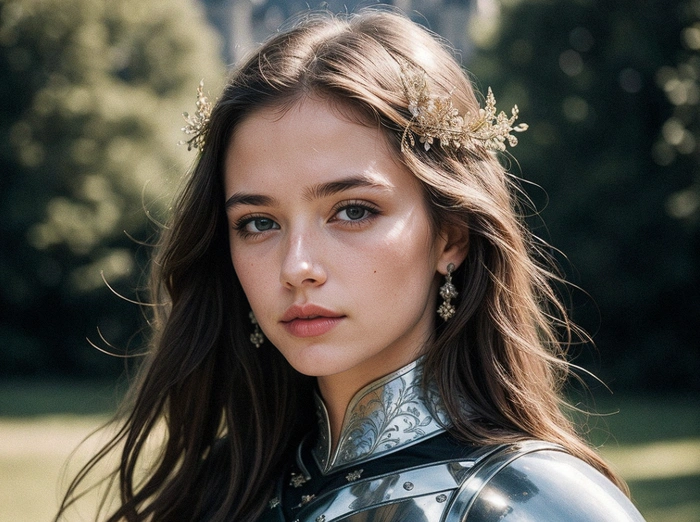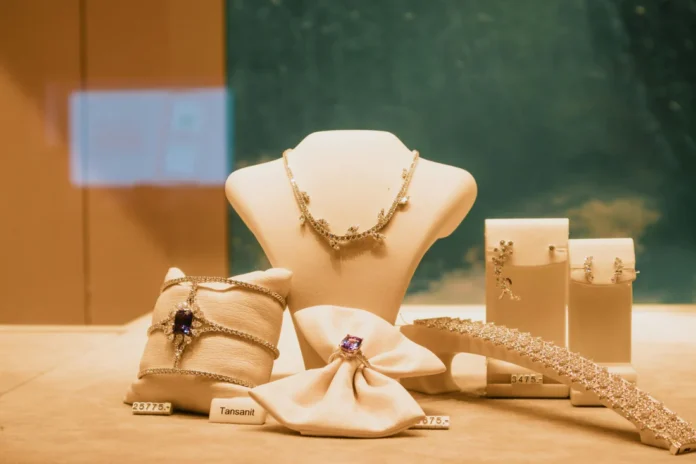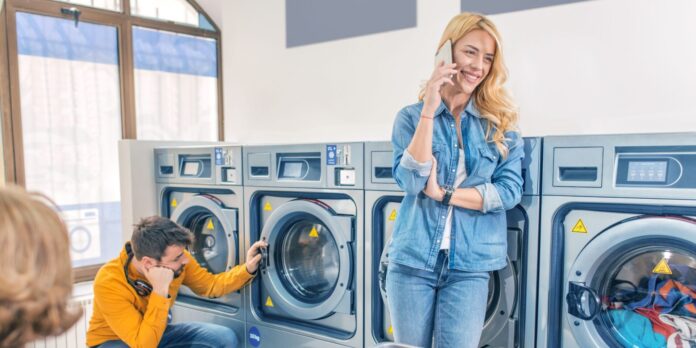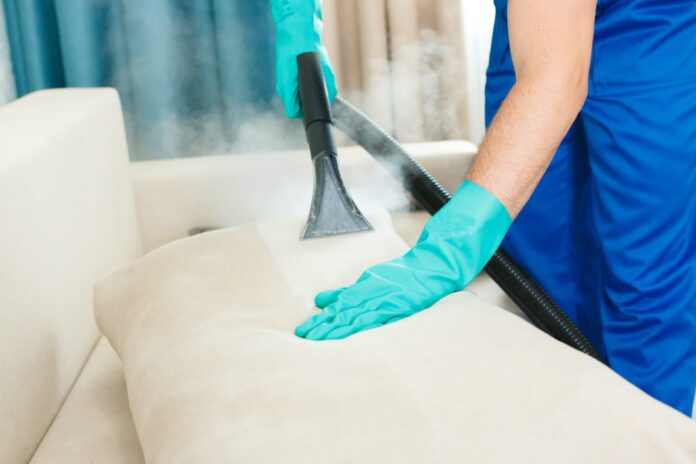Creating realistic AI art images using models can sometimes prove to be tricky with certain systems. However this can be easily achieved using Stable Diffusion and AbsoluteReality. The advent of Stable Diffusion by Stability AI has opened up new avenues for artists and AI enthusiasts alike. AbsoluteReality is a Stable Diffusion checkpoint developed by Lykon. Offering a realistic art style and provides users with a significant amount of control over AI art generation including realistic -looking models stop
Absolute Reality is not just a tool, but a platform that presents a while of cinematic images. From fantasy to cyberpunk characters, the range of images it can generate are vast and diverse. This versatility is one of the reasons why it has become a favorite among many Stable Diffusion users.
Generate realistic AI art models using Stable Diffusion
The use of Absolute Reality, however, requires a certain level of understanding and skill. Bitesized Genius, an AI enthusiast, recommends using the CFG scale between 4.5 and 10, with steps between 25 and 30. The DPM Plus+ SD Caris sampling method is also suggested for optimal results. Learn more about how to use version 1.8.1 with Stable Diffusion to create realistic models for a wealth of different applications and needs.
Other articles you may find of interest on the subject of Stable Diffusion :
While Absolute Reality offers a wide range of possibilities, it is important to note that it is not advisable to use complex prompts or face restore. Instead, Bitesized Genius recommends the use of after detailer with a denoising strength under 0.3. To enhance photo realism, adding ISO noise through external tools for postprocessing is suggested.
The versatility of AbsoluteReality extends beyond individual use. It can be used in combination with Dream Shaper 6 for more variation. This allows users to prompt for eye colors, hairstyles, and other factors using celebrity names. This feature is particularly useful as Absolute Reality can recognize and generate a gradient of skin tones from light to dark.
Despite its many capabilities, AbsoluteReality does have its limitations. For instance, it does not seem to change the art style based on prompts, but it can adjust the style of the character. It can generate images with celebrity faces, but the results can be uncanny without proper weighting. Similarly, while it can generate images with vehicles, they are usually placed in the background.
The quality of images generated with creature style prompts can vary. Landscapes can be generated, but the text on storefronts in cityscapes may not always make sense. Images with smoke can be generated, but the resolution may be low. However, when colors are allocated correctly in the regional prompter, Absolute Reality can generate images with accurate colors.
In conclusion, Absolute Reality is a powerful tool in the realm of Stable Diffusion. It offers a realistic art style and provides users with a significant amount of control over their work. While it does have its limitations, its versatility and the quality of images it can generate make it a valuable asset for anyone interested in creating realistic AI art models. With the right understanding and skill, Absolute Reality can be a game-changer in the creation of realistic AI art models.
Source: YouTube
Filed Under: Guides, Top News
Latest Aboutworldnews Deals
Disclosure: Some of our articles include affiliate links. If you buy something through one of these links, Aboutworldnews may earn an affiliate commission. Learn about our Disclosure Policy.







